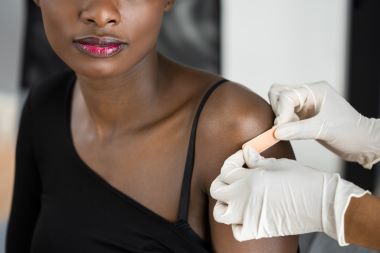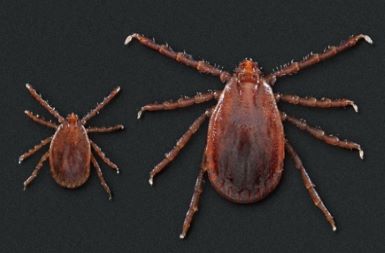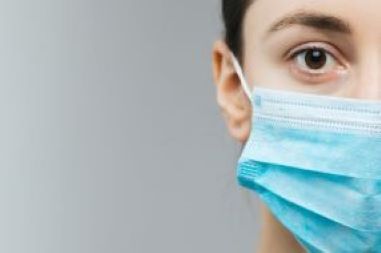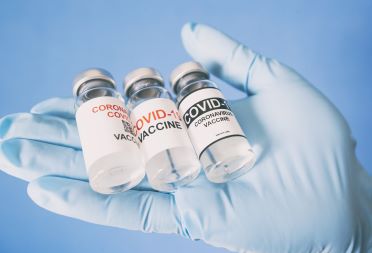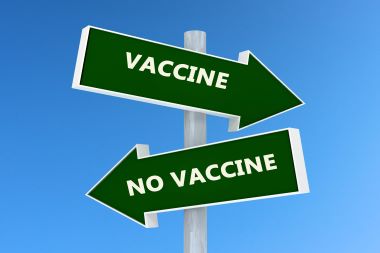Some individuals who are opting out of receiving the COVID-19 vaccine say they’re counting on yet-to-be-realized herd immunity to protect them from long-term risk of being infected with the virus. One of the emerging ironies of the pandemic is that so many of those people reside together in states with low rates that herd immunity is unlikely to occur. This may be especially concerning in light of data from the ZOE COVID Study in the …
Read More



